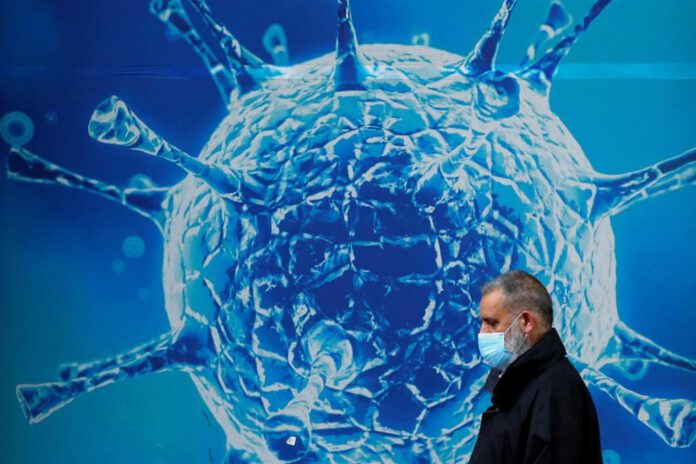
Covid-19 still claims around 1,700 lives a week globally, the WHO reported on July 11, urging at-risk populations to stay vaccinated. Meanwhile, a recent study on Covid-19 involved infecting 36 healthy adult volunteers who had never been vaccinated or previously infected. The study found that some individuals’ genetic makeup naturally protected them from SARS-CoV-2 infection.
According to French media, Le Parisien, Camille, a 37-year-old Parisian, has never been contracted Covid. Over four and a half years, she was tested eight times after close contact with infected individuals, with all results negative. She experienced one suspicious symptom, but it was caused by influenza, not SARS-CoV-2. “I was protected by nature,” she says, attributing her immunity to her genes. Researchers have long hypothesized that some people are naturally protected, and a new study in Nature supports this theory as a new wave of the pandemic peaks.
How many people have never been infected with Covid-19? According to last year’s U.K. data, about 5 to 10 percent of the population. Public Health England measured this by testing for the absence of post-infection antibodies in the blood. These individuals are likely to remain uninfected for years to come.
In this new study, researchers infected 36 healthy adult volunteers who had neither been vaccinated nor previously infected. The small sample size is due to the ethical issues of deliberately infecting humans with pathogens. “The ethical problems posed by this type of research make its implementation in France very difficult, if not impossible,” noted Mircea T. Sofonea, a lecturer in epidemiology and infectious diseases at the Université de Montpellier.
Of the 36 subjects, researchers closely monitored 16. Six tested positive and developed symptoms lasting more than 48 hours; three tested positive but were asymptomatic; and seven tested negative, despite being inoculated with the original SARS-CoV-2 strain. The virus failed to take hold in their bodies, preventing true infection.
Scientists screened over 600,000 blood and nasal cells from each group, discovering that a localized immune response in the nasal mucosa seemed to protect some participants. The study also found that high activity of a gene called HLA-DQA2 before exposure to SARS-CoV-2 helped limit the risk of long-term infection.
“Everyone has this gene, but its expression varies from person to person and may even vary by life stage,” explains Sofonea. This means some people are less susceptible to the virus, and the likelihood of infection can change over time. Hormone cycles might also impact the immune system.
Source: Le Parisien, Nature, Avvenire



